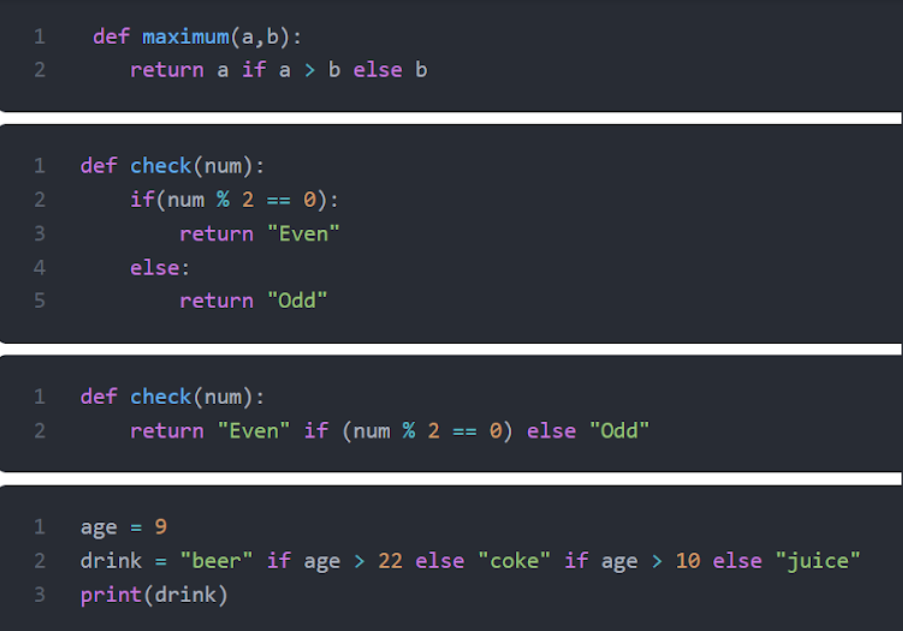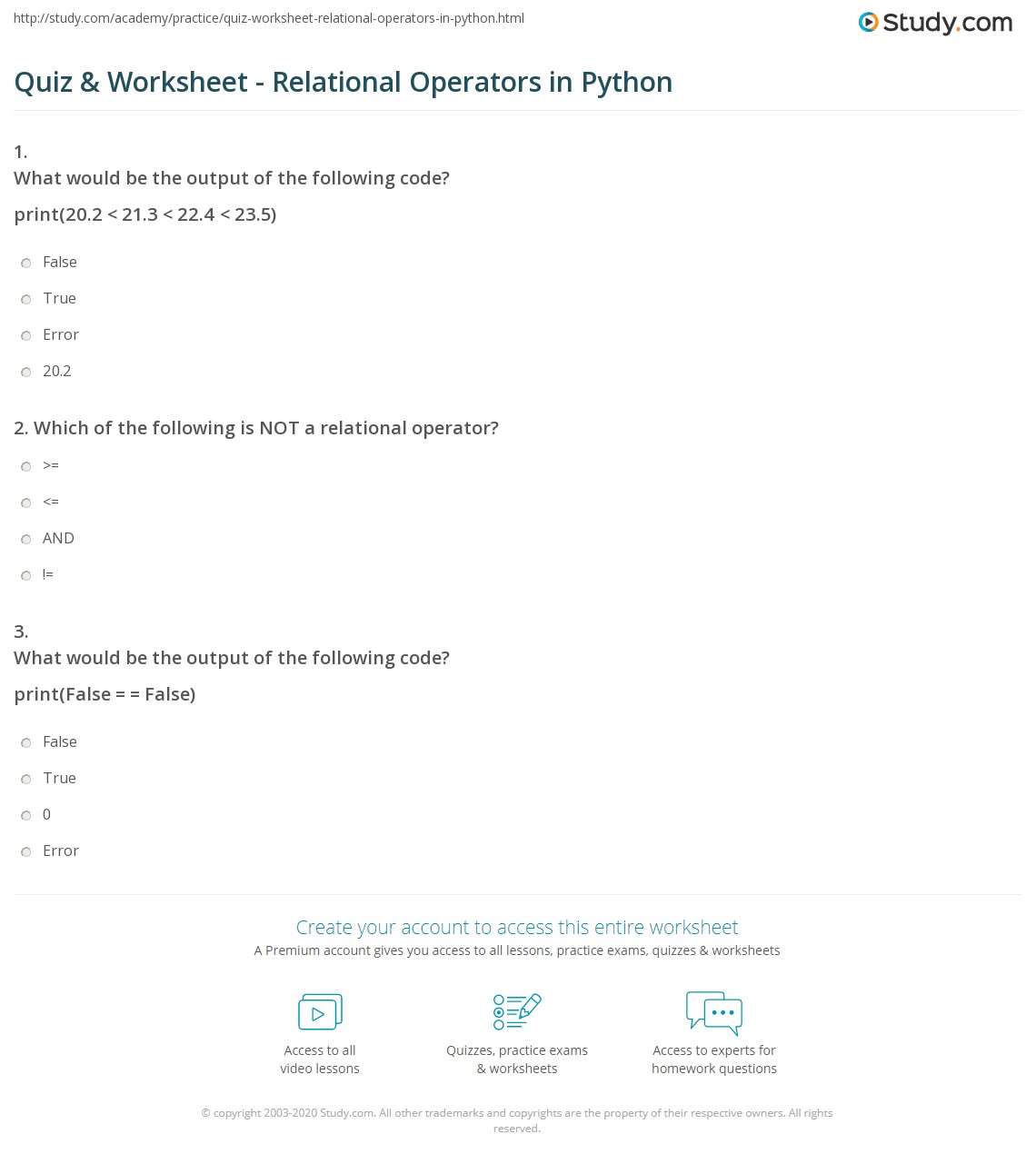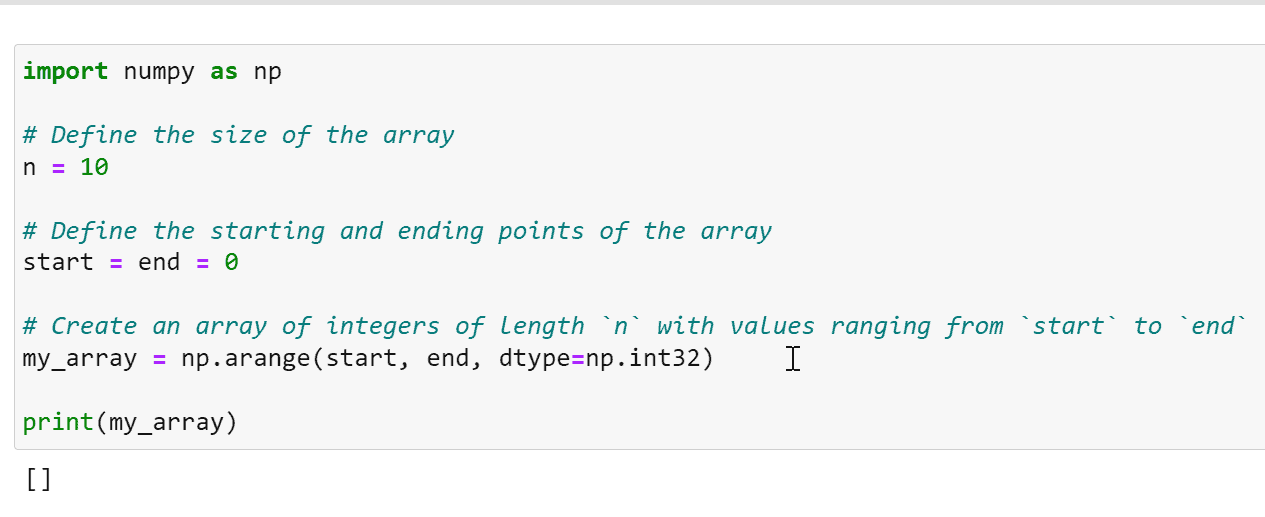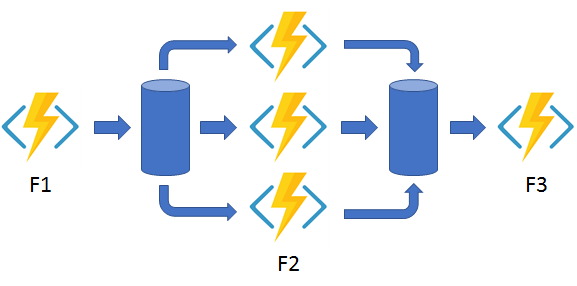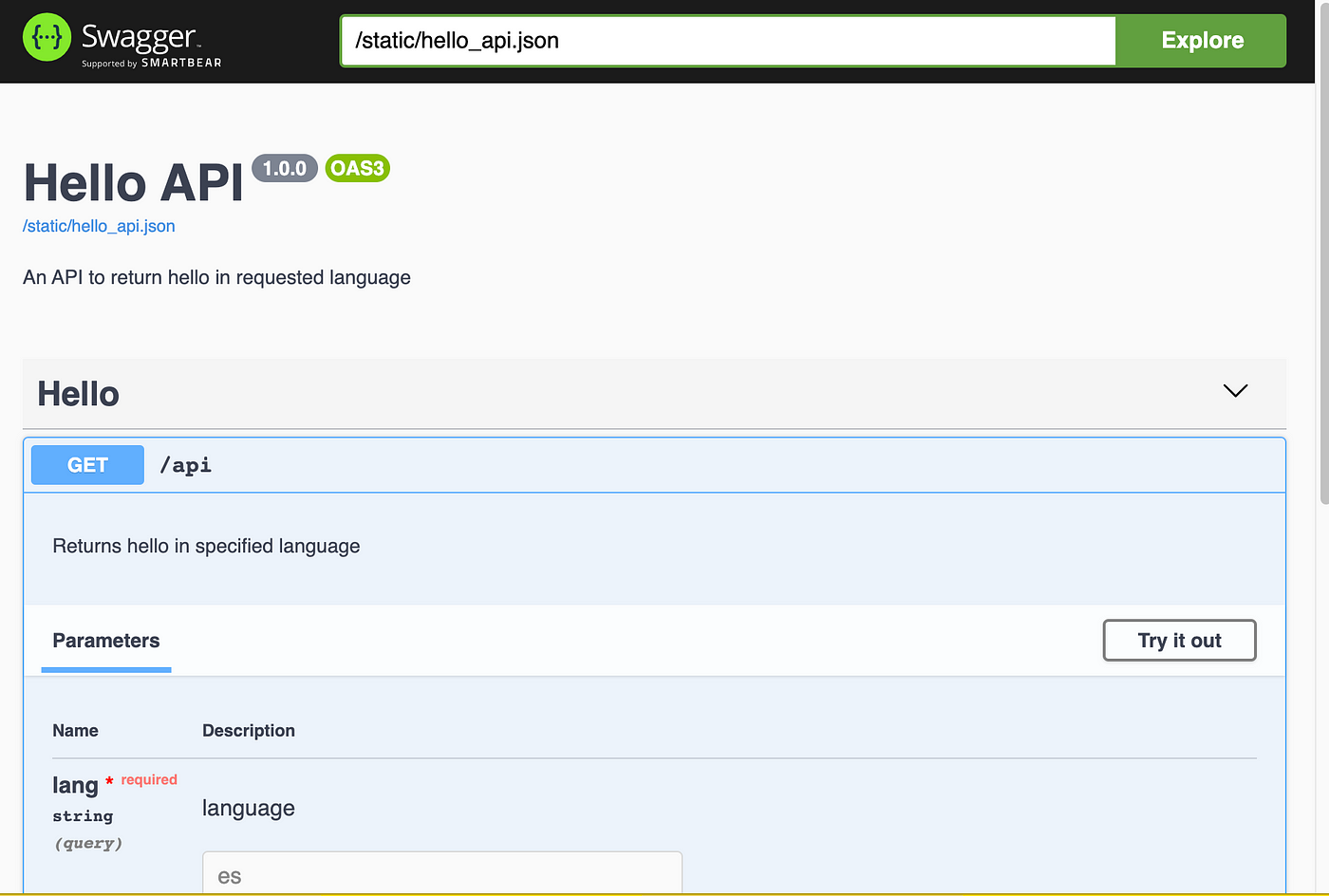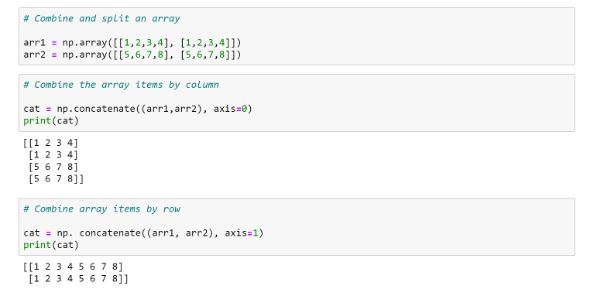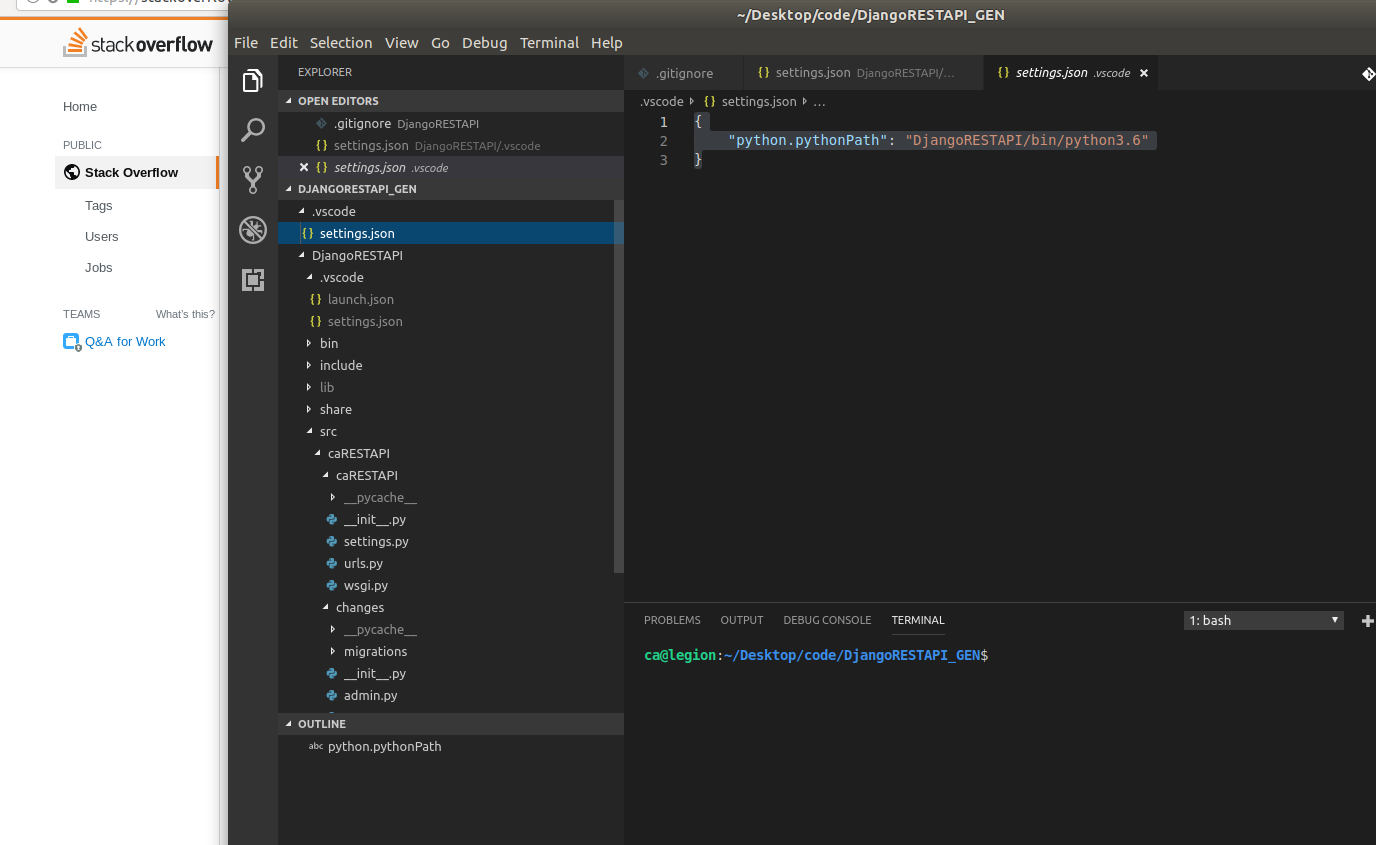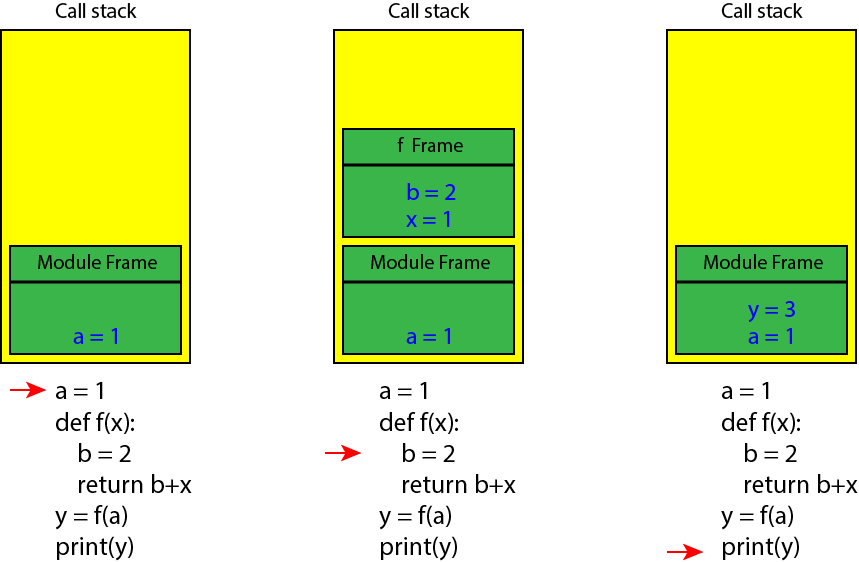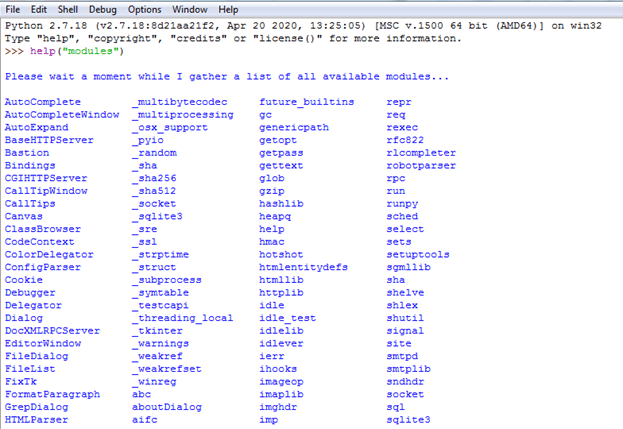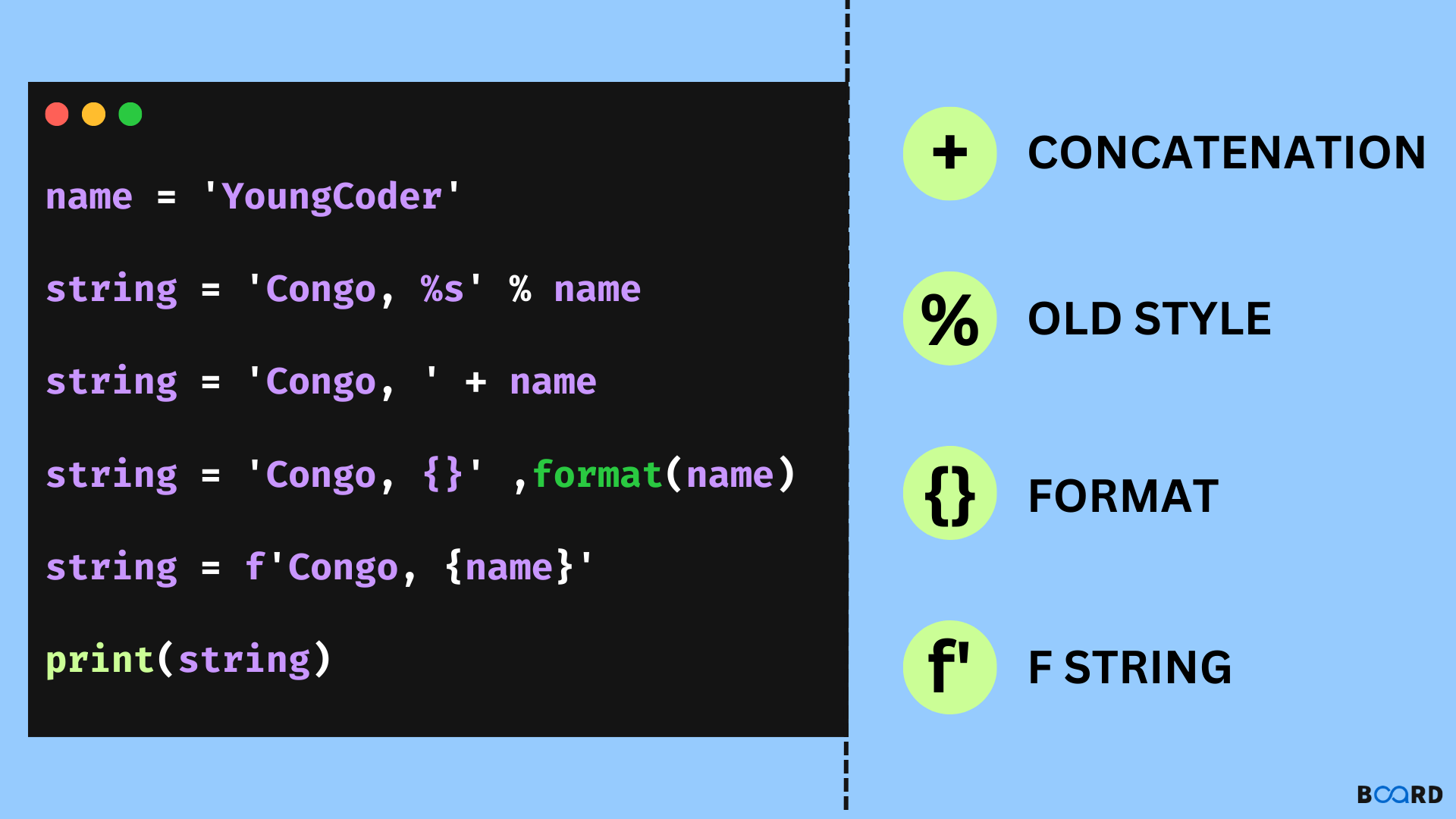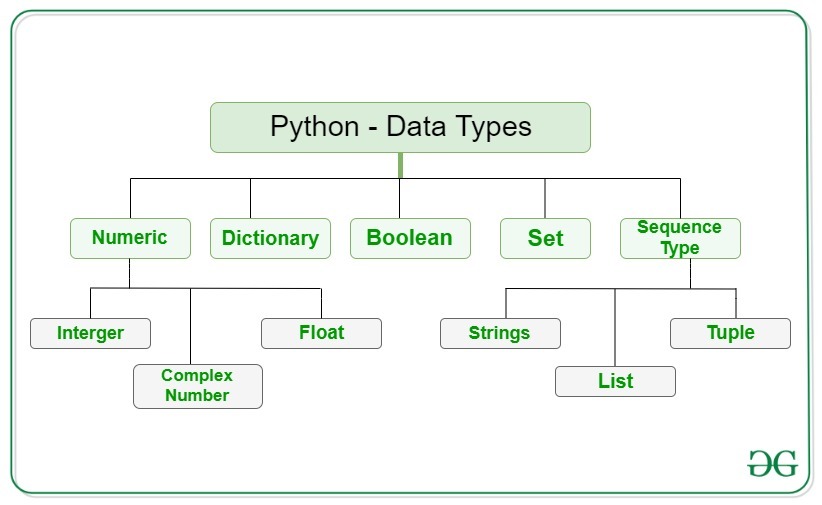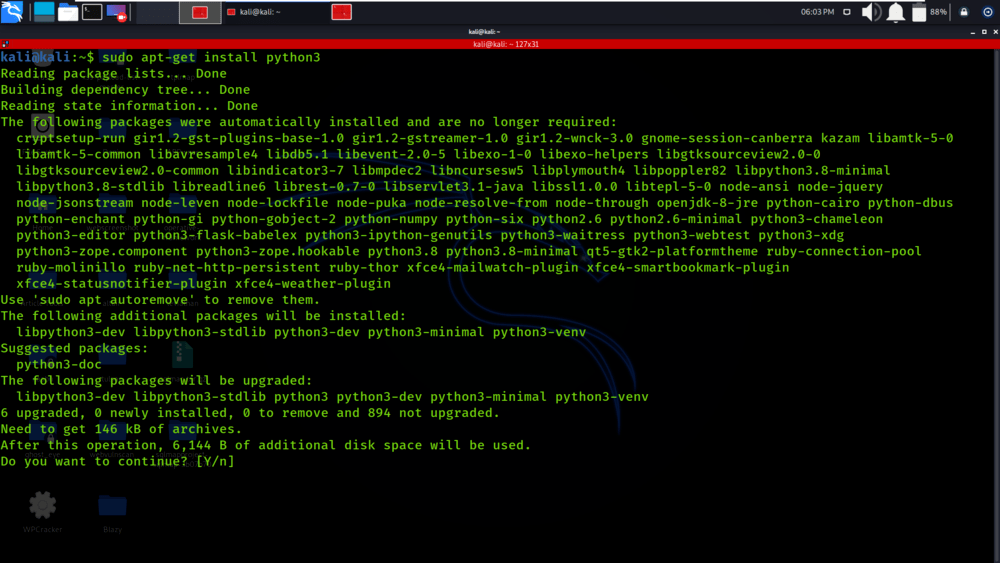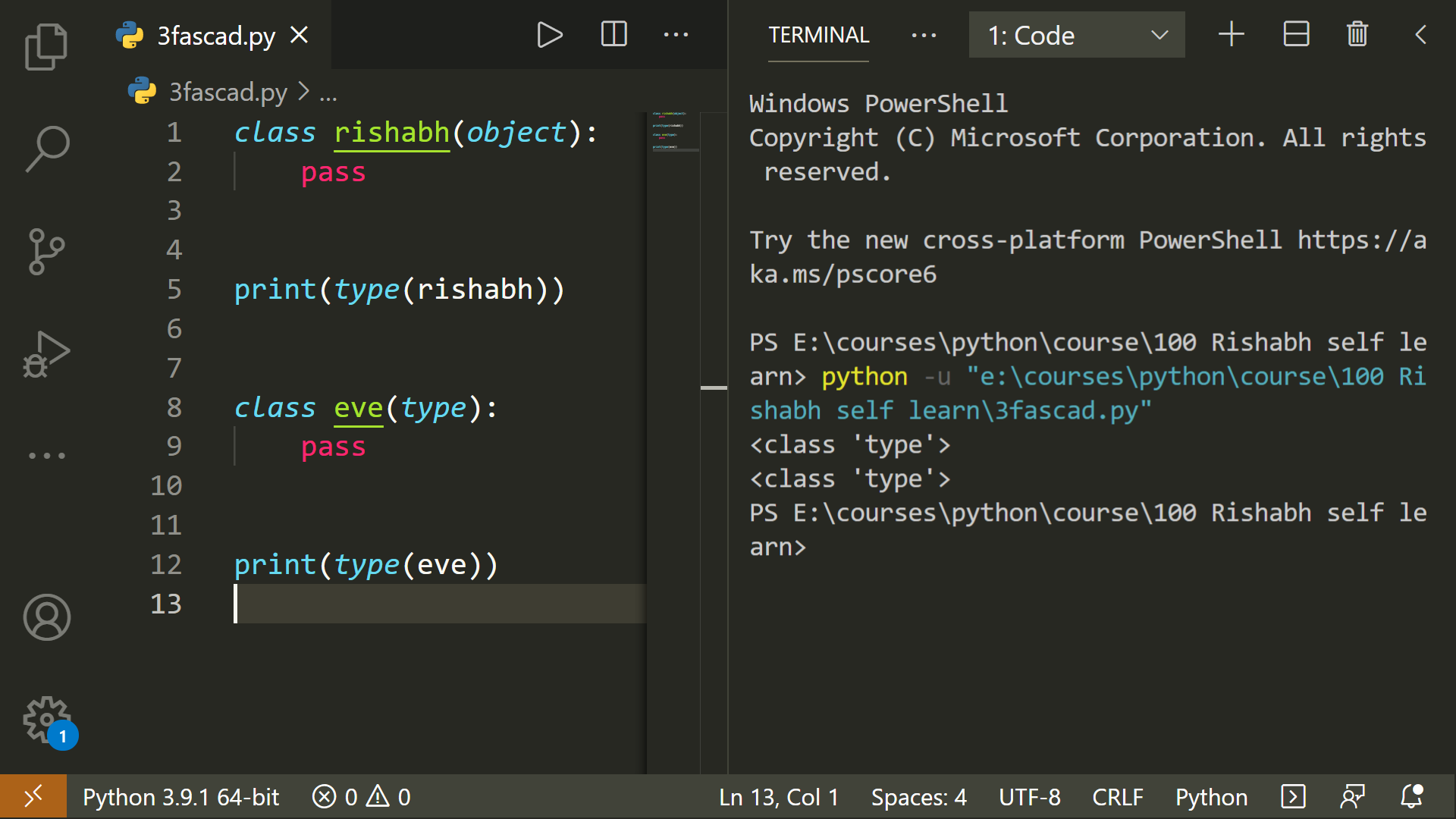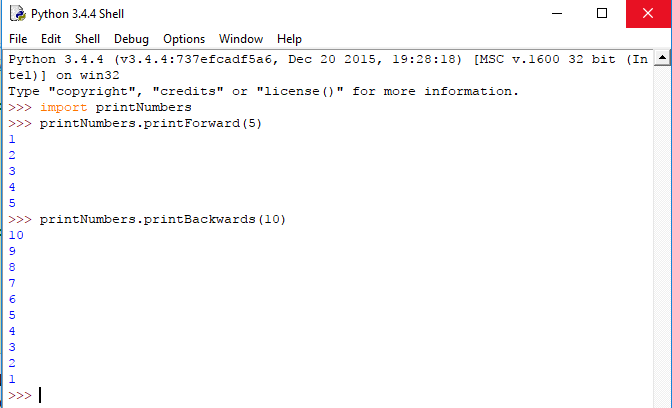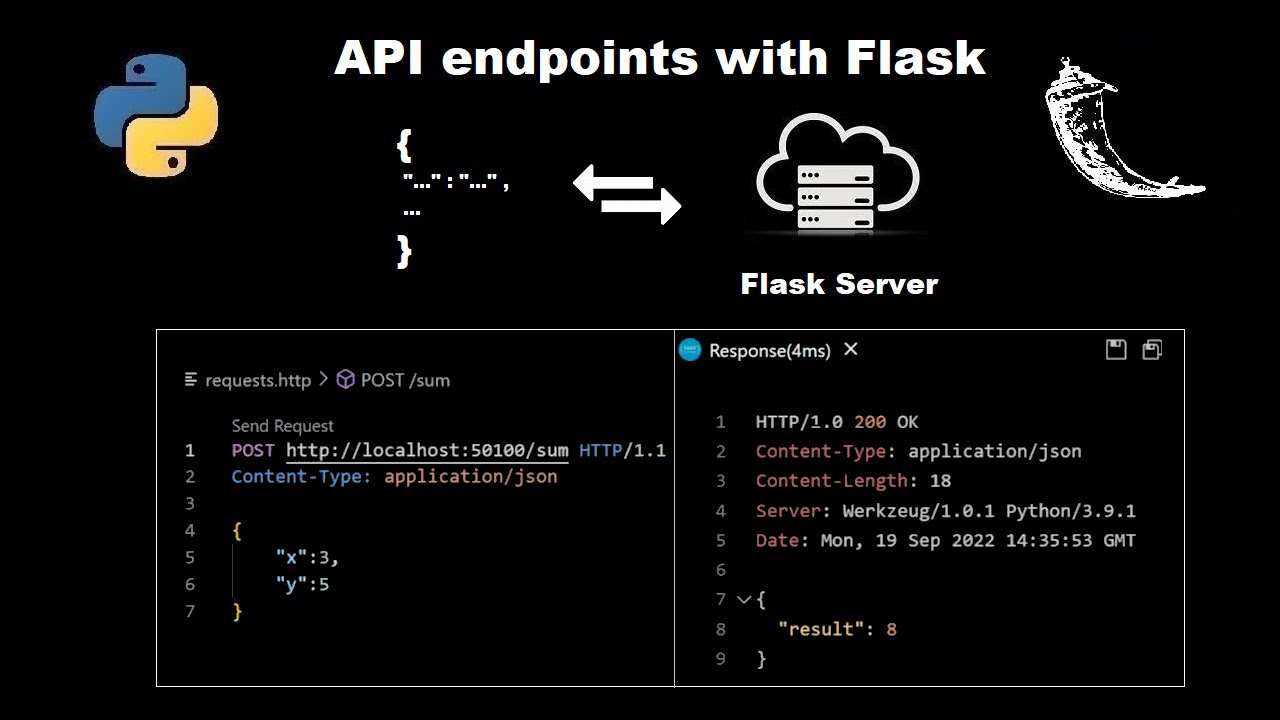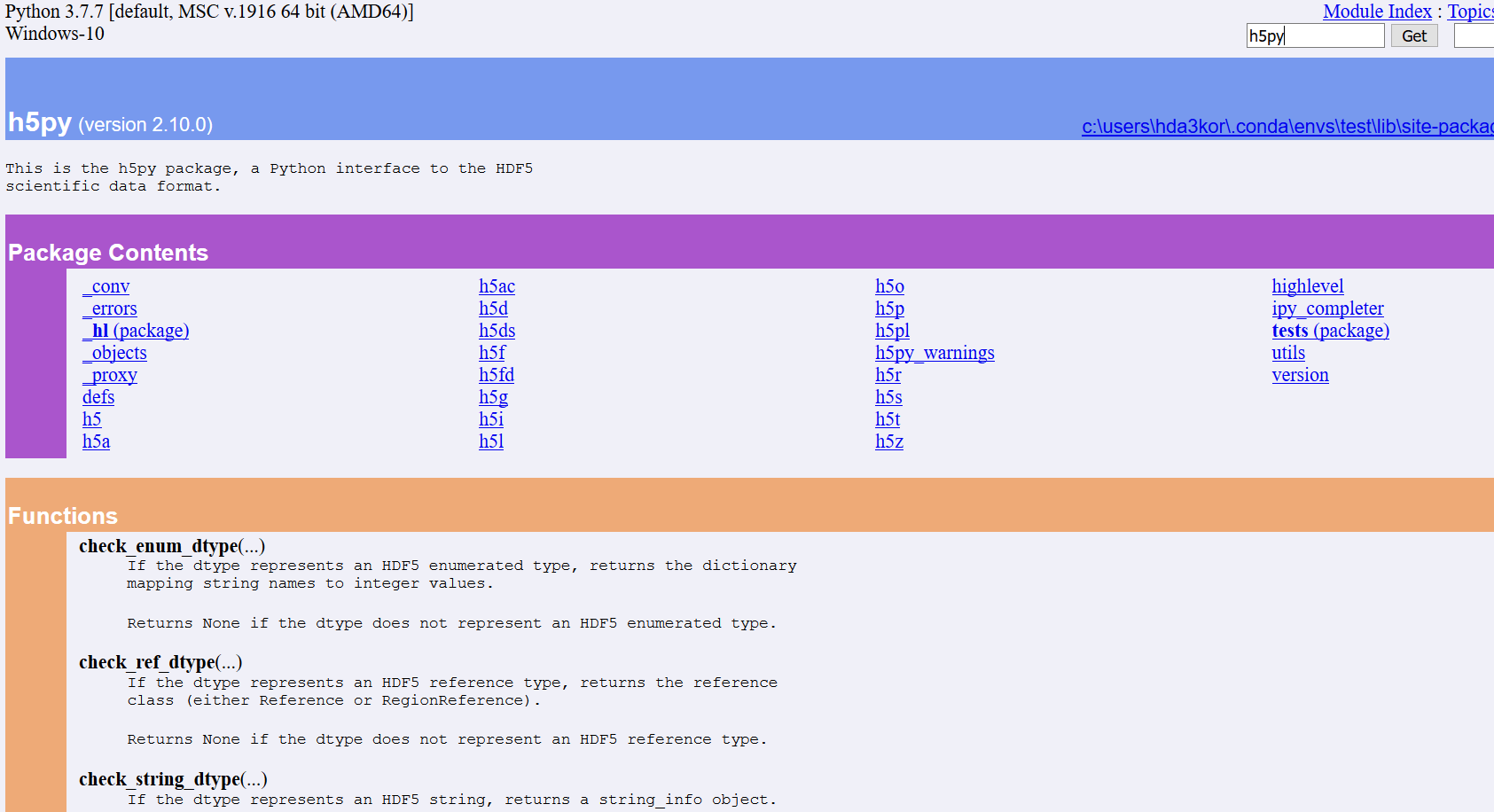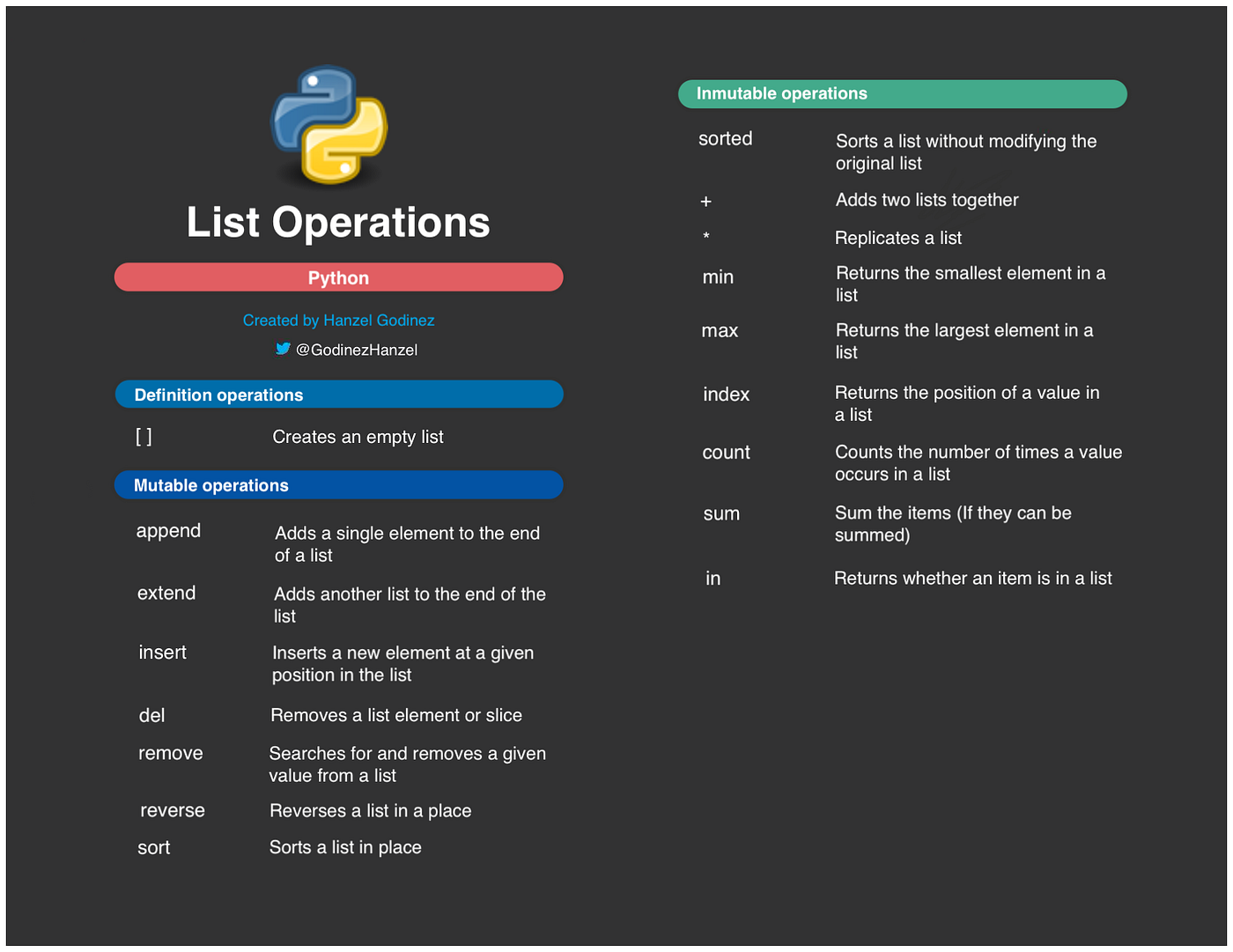How do I return a string from a list in Python?
How do I return a string from a list in Python?
I can see that you're looking for assistance with returning a specific string from a list in Python. Well, I'm here to help!
To answer your question, there are a few ways to retrieve a specific string from a list in Python. Let's explore them:
By Index: You can use the index number of the string you want to return. For example:my_list = ["apple", "banana", "cherry"]
fruit = my_list[1] # returns "banana"
print(fruit) # prints "banana"
In this case, the [1] is referring to the second element in the list (remember that indices start from 0).
my_list = ["apple", "banana", "cherry"]
fruits_starting_with_b = [x for x in my_list if x.startswith('b')]
print(fruits_starting_with_b[0]) # prints "banana"
This code uses list comprehension to create a new list fruits_starting_with_b containing only the strings that start with 'b'. Then, it returns the first element of this list (which is "banana" in this case).
my_list = ["apple", "banana", "cherry"]
for fruit in my_list:
if fruit == "banana":
print(fruit) # prints "banana"
break
This code iterates through each element in the list, checks if it's equal to "banana", and once it finds a match, it breaks out of the loop.
Usingnext() Function: Python has a built-in function called next(), which returns the next item from an iterator. You can use this to return the first string that meets certain criteria:
my_list = ["apple", "banana", "cherry"]
first_fruit_starting_with_b = next((x for x in my_list if x.startswith('b')), None)
print(first_fruit_starting_with_b) # prints "banana"
In this example, next() will return the first element that starts with 'b', or None if no such element exists.
These are a few ways to retrieve specific strings from a list in Python. The choice depends on your needs and preferences!
Remember, it's always essential to consider the context of your code and choose the best approach for your particular use case.
Would you like me to clarify anything or provide further assistance?
How to return string and integer in Python
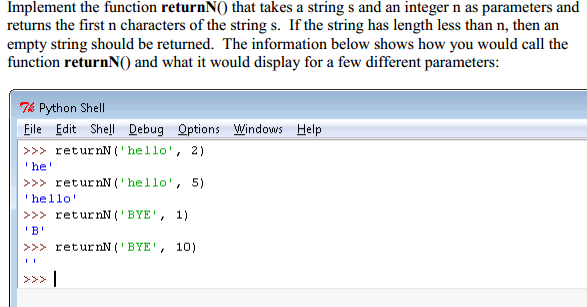
I'm glad you asked! Returning values from a function in Python can be done using the return statement. This statement is used to exit the function and provide a value back to the calling code.
Returning Strings
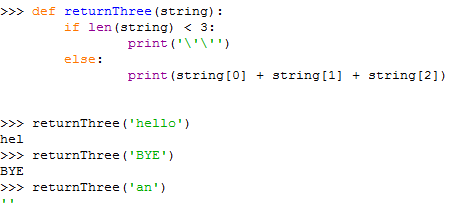
When returning a string, you simply use the return statement followed by the string you want to return:
def greet(name):
return "Hello, " + name
print(greet("John")) # Output: Hello, John
In this example, the greet function takes a name parameter and returns a greeting message with that name.
Returning Integers
Returning an integer is similar to returning a string. You can use the return statement followed by the integer value:
def add_numbers(a, b):
return a + b
result = add_numbers(2, 3)
print(result) # Output: 5
In this example, the add_numbers function takes two integers a and b, adds them together, and returns the result.
Returning Multiple Values
Python also allows you to return multiple values from a function using tuples or dictionaries:
def get_user_data(username):
data = {"name": "John", "age": 30}
return username, data
username, user_info = get_user_data("jane")
print(user_info) # Output: {'name': 'John', 'age': 30}
In this example, the get_user_data function returns a tuple containing the username and a dictionary user_info. The calling code can then unpack these values using the username, user_info = ... syntax.
Returning None
If you don't want to return any value from your function, you can simply use the return statement with no argument:
def do_something():
pass
result = do_something()
print(result) # Output: None
In this example, the do_something function returns None, indicating that it didn't return any value.
In conclusion, returning values from a function in Python is straightforward using the return statement. You can return strings, integers, tuples, dictionaries, or even None. The key is to understand how to structure your code and how to work with the returned values in the calling code.
